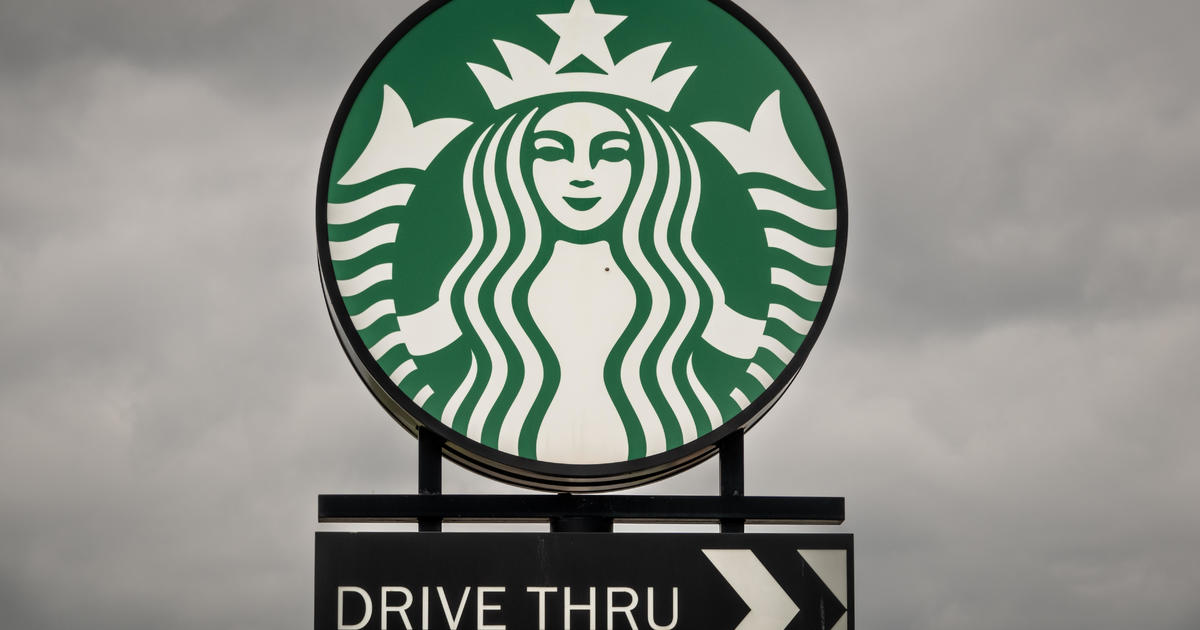Starbucks is looking to turn its business around by being less of a fast-food chain and more of a neighborhood coffee house.
Brian Niccol, the struggling company’s new CEO, on Thursday shared his vision of Starbucks becoming “a welcoming coffee house where people gather and where we serve the finest coffee.”
Talking to analysts for the first time since taking the job on September 9, Niccol laid out his plan to reverse a trend illustrated in the company’s fiscal fourth-quarter results, which had same-store sales down 7%, the third straight such drop. For the full year, Starbucks said its revenue rose less than 1% to $36 billion.
The Seattle-based coffee giant released the bad financial news last week and said that it would suspend financial guidance for its 2025 fiscal year to give Niccol time to assess the business.
“It is clear we need to fundamentally change our strategy to win back customers and return to growth,” said Niccol, who labeled the earnings report as “very disappointing.”
Looking to placate customers turned off by higher prices and longer wait times, Niccol said Starbucks would not hike its prices during its current fiscal year, which began at the end of September, and is taking steps to deliver orders in less than five minutes.
“We probably have about 50% of our stores or 50% of our transactions already happening less than 4 minutes. So we know it’s very doable,” Niccol said. “We just need to do it in all our stores in every transaction.”
Starbucks is also working out kinks in its staffing levels as its baristas contend with in-store, drive-thru and online orders, not to mention ceaseless customization choices, the CEO said.
The coffee giant plans to cut back on its overly complex menu and focus on fewer but tastier offerings, while taking steps to “better separate mobile order pickup from the cafe experience,” Niccol said.
Starbucks will discontinue its Oleato olive-oil infused beverages from most locations starting early next month, axing what longtime Starbucks leader Howard Schultz called a “transformational idea” when he introduced it in Italy early last year.
Starbucks will stop charging extra for nondairy milk
As of next Thursday, November 7, Starbucks will stop charging more for nondairy milks at its corporate owned and operated cafes across North America. The option to pick oat, soy or coconut milk is the company’s most popular customization after an extra shot of expresso, Niccol said. Once in place, nearly half of those that pay for a modifier could see a price reduction of 10% or more when they choose a nondairy milk, according to the executive.
At a Starbucks in Michigan, for instance, it cost 70 cents to switch to almond milk in a medium Pumpkin Spice Latte.
The switch comes after a lawsuit earlier this year by three California residents who claimed the extra charge for nondairy substitutes marked a form of discrimination against people who are lactose intolerant or have other dietary restrictions.
Starbucks also plans to bring back self-serve condiment coffee bars in all of its cafes by early 2025. The company had moved its milk, sugar and simple drip coffee behind the bar during the early days of COVID-19, but the switch back should give its baristas more time to craft the lattes, macchiatos and other less straight-forward drinks.
Further, Starbucks plans to offer ceramic mugs to those looking to drink their hot beverages at Starbucks, and provide more comfortable seating to make its locations appealing to people who want to sit, work and meet. It also plans to bring back Sharpie pens so baristas can write a message on a customer’s order.
“While we are confident in the strategy, we anticipate that the turnaround will take time, as Starbucks faces persistent challenges across key markets, including China, alongside rising competition, high prices, long wait times, and staffing shortages/turnover,” Arun Sundaram, equity analyst at CFRA Research, wrote in a note.
While early in its turnaround, much of what Niccol laid out seems sensible, according to Neil Saunders, managing director, retail, at GlobalData.
“One of the big issues a lot of customers have with Starbucks is the wait time for drinks and the queue lengths in some stores,” Saunders said. “Generally, most people want a quick coffee fix when they’re on the go – that makes timeliness and efficiency paramount. Starbucks has faltered on delivering this over the past couple of years,” according to the analyst. “This is a critical fix if Starbucks wants to rebuild sales.”
At the same time, Starbucks also needs to consider customers who want to linger, as it is “increasingly competing with independent coffee shops which often have a great vibe,” Saunders said.
Niccol stepped into his new role weeks after the caffeine purveyor ousted Laxman Narasimhan, whose 18-month stint at the helm was marked by sluggish sales, and amid a waning fondness for the brand, particularly among Americans.
A restaurant executive for 20 years, Niccol is credited with reviving Taco Bell’s image and for turning things around at Chipotle after a series of food-safety issues.
There are nearly 40,000 Starbucks stores worldwide, and roughly 17,000 locations in the U.S.

